Home>Articles>What Is The Difference Between A Juicer And A Cold Press Juicer
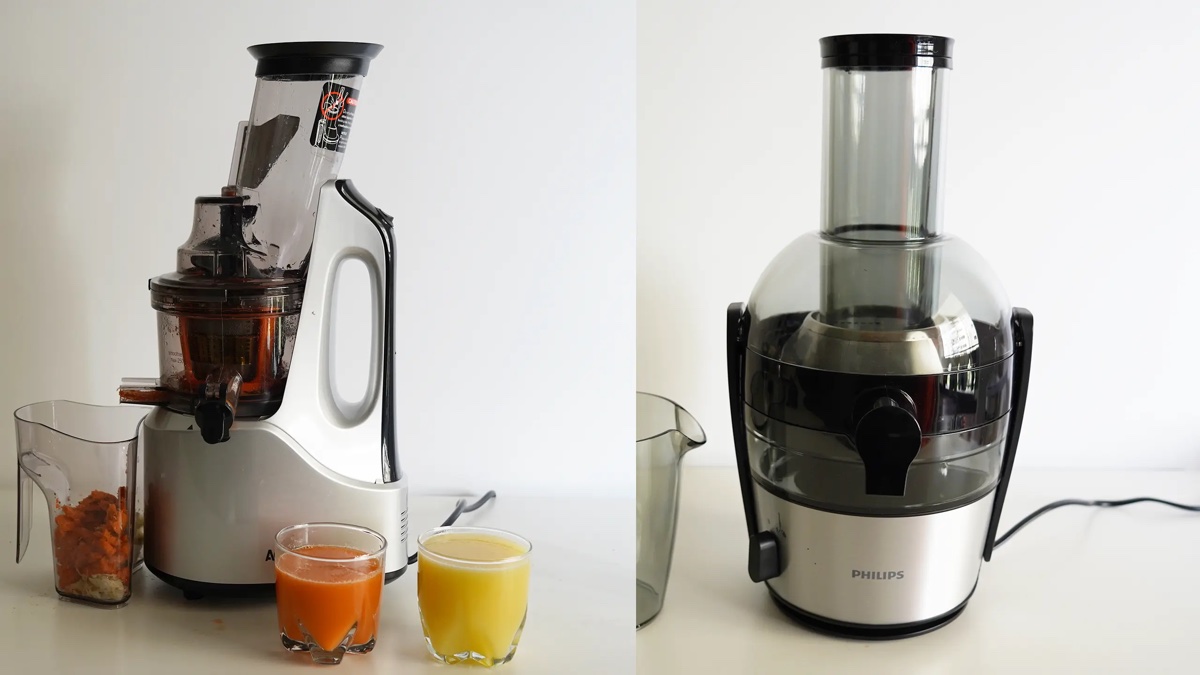

Articles
What Is The Difference Between A Juicer And A Cold Press Juicer
Modified: August 17, 2024
Discover the key distinctions between a standard juicer and a cold press juicer. Explore this informative article to understand the benefits and features of each option.
(Many of the links in this article redirect to a specific reviewed product. Your purchase of these products through affiliate links helps to generate commission for Storables.com, at no extra cost. Learn more)
Introduction
In the world of juicing, there are various types of machines available to extract the juice from fruits and vegetables. Two popular options are juicers and cold press juicers. While they may seem similar, there are some key differences between the two in terms of the extraction process, juice quality, nutrient retention, speed, noise, and price.
Understanding these differences is crucial when deciding which option is best suited for your needs. In this article, we will explore the disparities between juicers and cold press juicers, helping you make an informed decision about which one to choose.
Key Takeaways:
- Cold press juicers operate at a slower speed, resulting in higher quality juice with better nutrient retention, vibrant color, and superior taste. They are ideal for those who prioritize juice quality and long-term durability.
- Juicers offer a quick and convenient way to extract juice, making them perfect for those who prioritize speed and ease of use. However, they may introduce heat and oxygen into the juice, potentially leading to nutrient degradation and a shorter shelf life.
Read also: 12 Best Juicer Cold Press for 2025
What is a Juicer?
A juicer is a kitchen appliance designed to extract juice from fruits and vegetables. It typically operates by using a fast-spinning blade or centrifugal force to separate the juice from the pulp. This process is efficient and quick, making it a popular choice for those who want a convenient and speedy way to make fresh juice.
Juicers are easy to use, requiring minimal preparation of fruits and vegetables. Simply add your desired produce into the juicer’s feeding tube and watch as it pulverizes and extracts the juice. The juice is then collected in a separate container, while the pulp is discarded.
One of the advantages of using a juicer is its ability to extract juice from a wide variety of fruits and vegetables, including hard and fibrous produce like carrots and apples. It also works well with soft fruits and leafy greens.
However, it is important to note that juicers, due to their fast extraction process, may generate some heat during operation. This heat can potentially affect the quality of the juice by degrading certain nutrients and enzymes. Additionally, the high-speed spinning blade may introduce more air into the juice, leading to oxidation and a shorter shelf life.
Despite these drawbacks, juicers are still a popular choice for those looking for a quick and convenient way to make fresh juice. They are generally more affordable compared to cold press juicers and are readily available in most stores.
What is a Cold Press Juicer?
A cold press juicer, also known as a masticating juicer or slow juicer, is a type of juicer that uses a slow and gentle extraction method to extract juice from fruits and vegetables. Unlike juicers that rely on high-speed spinning blades, cold press juicers operate at a slower speed, usually around 80 RPM (rotations per minute).
Instead of using centrifugal force, cold press juicers utilize a slow but powerful auger or gear mechanism to crush and press the produce against a mesh screen. This gentle squeezing action ensures that the maximum amount of juice is extracted from the fibers, resulting in a higher yield compared to traditional juicers.
The slow and efficient extraction process of a cold press juicer helps to retain the natural flavors, colors, and nutrients of the juice. The minimal heat generated during the process helps to preserve the delicate enzymes, vitamins, and antioxidants present in the fruits and vegetables.
By operating at a lower speed, cold press juicers also produce less foam and oxidation in the juice. This significantly extends the shelf life of the juice, allowing you to store it for longer periods without losing its nutritional value.
One important benefit of using a cold press juicer is its ability to handle leafy greens efficiently. The slow and gentle crushing action effectively extracts juice from delicate greens like spinach, kale, and wheatgrass, which can be challenging for traditional juicers to handle.
Overall, cold press juicers are known for producing juice with a richer taste, vibrant color, and higher nutrient content compared to juicers. However, it is worth noting that the slower extraction process may require more time and effort, as the chute size is often smaller, requiring you to chop the produce into smaller pieces.
Due to the advanced technology and superior juice quality, cold press juicers are generally more expensive than traditional juicers. However, for those who prioritize nutrition and flavor, the investment in a cold press juicer can be well worth it.
Differences in Operation
One of the fundamental differences between juicers and cold press juicers lies in their operation and extraction methods.
A juicer operates by using high-speed spinning blades or centrifugal force to separate the juice from the pulp. The fruits and vegetables are fed into a fast-spinning chamber, where the centrifugal force separates the juice from the pulp. The juice is then collected in a separate container, while the pulp is discarded. This process is quick and efficient, making it a popular choice for those who prioritize convenience and speed.
On the other hand, a cold press juicer operates at a much slower speed, usually around 80 RPM. Instead of using high-speed spinning blades, a cold press juicer utilizes a slow and powerful auger or gear mechanism to crush and press the produce against a mesh screen. This slow crushing action ensures that the maximum amount of juice is extracted from the fibers, resulting in a higher yield.
The slower extraction process of a cold press juicer ensures minimal heat generation, reducing the risk of oxidation and nutrient degradation. This results in juice with superior taste, vibrant color, and higher nutrient content compared to traditional juicers.
While juicers are generally easier and quicker to use, cold press juicers may require more time and effort. The smaller chute size of cold press juicers often requires the produce to be chopped into smaller pieces, increasing preparation time. Additionally, the slower extraction process of cold press juicers means it takes longer to produce the desired amount of juice.
When it comes to maintenance, juicers are typically easier to clean due to their simpler design. Cold press juicers, with their more complex mechanisms, may require disassembling and cleaning multiple parts after each use.
In summary, juicers offer a fast and convenient operation, while cold press juicers prioritize a slower and gentler extraction method to achieve higher quality juice with enhanced nutritional content.
Differences in Juice Quality
When it comes to juice quality, there are notable differences between juicers and cold press juicers.
Juicers, with their high-speed spinning blades and centrifugal force, provide relatively quick juice extraction. However, this fast process can introduce heat and oxygen into the juice, which may result in oxidation and nutrient degradation. The higher speeds of juicers can also lead to more foam in the juice, which affects its texture, taste, and shelf life.
On the other hand, cold press juicers operate at a slower speed, resulting in a gentler extraction process. The slow and powerful crushing action of the auger or gear mechanism ensures minimal heat and oxidation, preserving the natural flavor, color, and nutrients of the juice. Cold press juicers produce juice with richer taste, vibrant color, and a smoother consistency.
The lower speed of cold press juicers also helps to reduce foam, resulting in juice with less air and longer shelf life. This means you can enjoy the juice for a longer period without losing its freshness and nutritional value.
In terms of yield, cold press juicers often extract more juice from the produce compared to juicers. The slow and thorough extraction process of cold press juicers effectively breaks down the fibers and extracts every drop of juice, resulting in a higher yield. This means you get more juice out of the same amount of fruits and vegetables, maximizing the value of your ingredients.
Additionally, cold press juicers excel at extracting juice from leafy greens like spinach, kale, and wheatgrass. The gentle crushing action ensures maximum juice extraction from delicate greens, making cold press juicers an ideal choice for those who enjoy green juices.
In summary, cold press juicers produce juice with superior taste, vibrant color, and higher nutrient content compared to juicers. The slower extraction process and minimal heat generation help to preserve the natural qualities of the juice, giving you a healthier and more flavorful beverage.
A regular juicer uses fast-spinning blades that generate heat, which can destroy some nutrients and enzymes in the juice. A cold press juicer, on the other hand, uses a slow, gentle squeezing action to extract juice without heat, preserving more nutrients and enzymes.
Read also: 11 Best Cold Pressed Juicer for 2025
Differences in Nutrient Retention
When it comes to nutrient retention, there are significant differences between juicers and cold press juicers.
Juicers, with their fast-spinning blades and high-speed extraction process, generate heat that can potentially degrade certain nutrients and enzymes in the juice. The heat produced during juicing can break down delicate vitamins, antioxidants, and enzymes, reducing their nutritional value. Additionally, the high-speed spinning blades introduce more air into the juice, which can lead to oxidation and further nutrient loss.
Cold press juicers, on the other hand, operate at a slower speed, resulting in minimal heat generation during the extraction process. The slower and gentler crushing action preserves the integrity of nutrients, enzymes, vitamins, and antioxidants present in the fruits and vegetables. The cold press method helps to retain the maximum amount of nutrients, ensuring that you get the most out of your ingredients.
In particular, cold press juicers excel at preserving heat-sensitive enzymes, which play a crucial role in the digestive process. These enzymes help break down nutrients in the juice, making them easier for our bodies to absorb and utilize. By retaining these enzymes, cold press juicers ensure that you receive the full nutritional benefits of the juice.
Furthermore, the slow and gentle extraction process of cold press juicers minimizes oxidation, which can further preserve the nutritional value of the juice. Oxidation occurs when the juice comes into contact with oxygen, leading to nutrient degradation. By reducing oxidation, cold press juicers help maintain the freshness and nutritional integrity of the juice for a longer period.
It’s important to note that while cold press juicers generally retain more nutrients than juicers, the overall nutrient content of the juice is still influenced by factors such as the freshness and quality of the produce used.
In summary, cold press juicers are known for their superior nutrient retention compared to juicers. The slow and gentle extraction process minimizes heat generation and oxidation, helping to preserve the integrity of enzymes, vitamins, antioxidants, and other beneficial nutrients in the juice.
Differences in Speed and Noise
When it comes to speed and noise, there are notable differences between juicers and cold press juicers.
Juicers are designed for quick and efficient juice extraction. They typically operate at high speeds, using fast-spinning blades or centrifugal force to separate the juice from the pulp. This fast extraction process allows juicers to quickly produce juice, making them a popular choice for those who prioritize speed and convenience.
However, the high-speed operation of juicers also results in more noise. The rapid spinning of the blades creates a loud whirring sound that can be disruptive, especially in a quiet household or workplace.
In contrast, cold press juicers operate at a slower speed, typically around 80 RPM (rotations per minute). The slower extraction process may take a bit more time compared to juicers, but it results in higher quality juice with better nutrient retention.
One of the advantages of the slower speed is reduced noise. Cold press juicers operate significantly quieter than juicers, making them a preferred choice for those seeking a quieter juicing experience. The quieter operation is especially beneficial in noise-sensitive environments, such as early mornings or late at night when others are sleeping.
The slower speed of cold press juicers also contributes to a more relaxed juicing process. The gradual and gentle crushing action of the auger or gear mechanism ensures a smooth and quiet operation, allowing you to enjoy a peaceful juicing experience.
In summary, juicers are faster but noisier due to their high-speed spinning blades. On the other hand, cold press juicers operate at a slower speed, resulting in a quieter and more peaceful juicing process.
Differences in PricePrice is another significant factor to consider when comparing juicers and cold press juicers.
Juicers, with their simpler design and faster operation, are generally more affordable compared to cold press juicers. Due to their popularity and widespread availability, juicers come in a wide range of price points, making them accessible to a broader range of budgets.
The affordability of juicers is often appealing to those who are new to juicing or have a limited budget. With a juicer, you can still enjoy the convenience of making fresh juice without breaking the bank.
On the other hand, cold press juicers tend to be more expensive. The advanced technology and slower extraction process of cold press juicers contribute to their higher price point. The auger or gear mechanism, along with additional features for enhanced juice quality, increase the overall cost of cold press juicers.
While the initial investment in a cold press juicer may be higher, it is important to consider the long-term benefits. Cold press juicers offer superior juice quality, better nutrient retention, and longer shelf life, making them a popular choice for those who prioritize the health benefits and flavor of their juice.
Additionally, cold press juicers are known for their durability. The sturdy construction and high-quality materials used in cold press juicers ensure a longer lifespan compared to juicers, which may need to be replaced more frequently.
When it comes to choosing between a juicer and a cold press juicer, it’s important to consider your budget and long-term juicing goals. If affordability is a significant factor, a juicer may be a more suitable choice. However, if you are willing to invest in higher-quality juice and long-term durability, a cold press juicer is worth considering.
Ultimately, the decision on which option to choose depends on your individual needs, preferences, and budget.
Choosing the Right Option for You
When it comes to choosing between a juicer and a cold press juicer, there are several factors to consider in order to make an informed decision based on your specific needs and preferences.
If convenience and speed are your top priorities, a juicer may be the right option for you. Juicers offer fast and efficient juice extraction, making them perfect for those who want a quick and easy way to make fresh juice. They are also more affordable and readily available in most stores, making them a popular choice for beginners or those on a budget.
On the other hand, if you prioritize juice quality, superior nutrient retention, and a quieter juicing experience, a cold press juicer is worth considering. Cold press juicers operate at a slower speed, resulting in higher quality juice with better nutrient retention. They excel at extracting juice from leafy greens and fruits, making them ideal for those interested in green juices or experimenting with a variety of produce.
However, it is important to keep in mind that cold press juicers are generally more expensive than juicers. The higher price point may be a deterrent for some, but it’s worth considering the long-term benefits such as superior juice quality, durability, and better nutrient retention.
Ultimately, the decision should be based on your personal preferences, lifestyle, and budget. Consider what you value most in a juicer – speed, convenience, noise level, juice quality, or nutrient retention – and choose accordingly.
It may also be helpful to read reviews, compare different models, and seek recommendations from friends or experts to gather more information before making a final decision.
Remember, both juicers and cold press juicers have their own advantages and limitations. The key is to find the option that aligns with your juicing goals and priorities, allowing you to enjoy the benefits of fresh and delicious juice in the way that suits you best.
Read more: How Does A Cold Press Juicer Work
Conclusion
Choosing between a juicer and a cold press juicer ultimately comes down to your personal preferences, priorities, and budget. Both options have their own benefits and considerations to keep in mind.
Juicers offer a quick and convenient way to extract juice, making them ideal for those who prioritize speed and ease of use. They are generally more affordable and readily available in stores. However, juicers may introduce heat and oxygen into the juice, leading to potential nutrient degradation and a shorter shelf life.
Cold press juicers, also known as masticating or slow juicers, operate at a slower speed and use a gentle extraction process. This results in higher quality juice with better nutrient retention, vibrant color, and superior taste. While cold press juicers can be more expensive and require more preparation and cleaning, they offer long-term durability and the ability to extract juice from leafy greens effectively.
When making your decision, it is important to consider factors such as juice quality, nutrient retention, speed, noise level, and price. Consider your juicing goals and how you plan to incorporate fresh juice into your lifestyle.
Overall, both juicers and cold press juicers have their place in the world of juicing. Ultimately, the right option for you is the one that aligns with your needs, preferences, and budget. Whether you prioritize convenience, superior juice quality, or a balance of both, there is a juicing machine out there that will suit your needs.
By understanding the differences between juicers and cold press juicers, you can make an informed decision and embark on a journey of enjoying fresh, flavorful, and nutritious juice that will enhance your overall well-being.
Frequently Asked Questions about What Is The Difference Between A Juicer And A Cold Press Juicer
Was this page helpful?
At Storables.com, we guarantee accurate and reliable information. Our content, validated by Expert Board Contributors, is crafted following stringent Editorial Policies. We're committed to providing you with well-researched, expert-backed insights for all your informational needs.
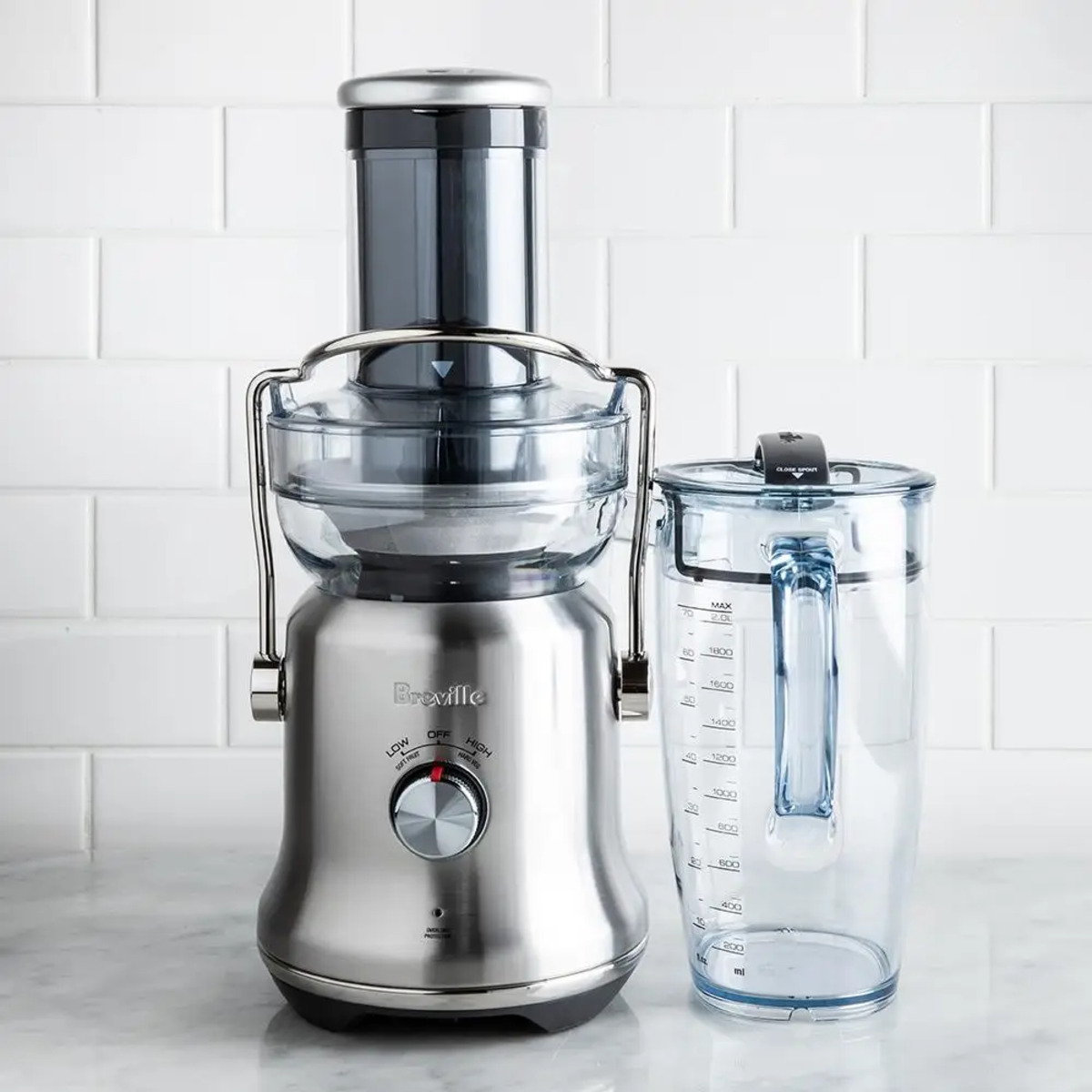
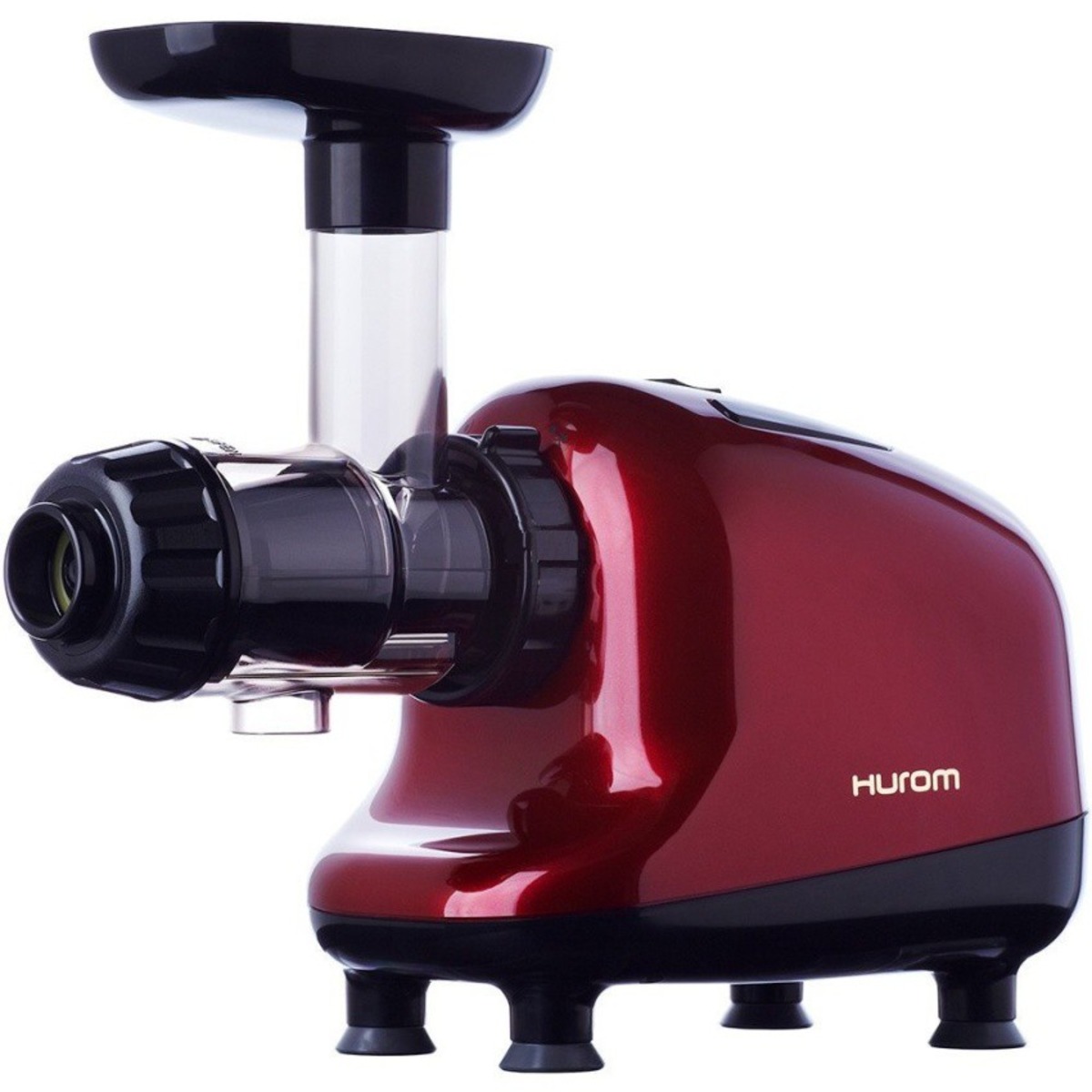
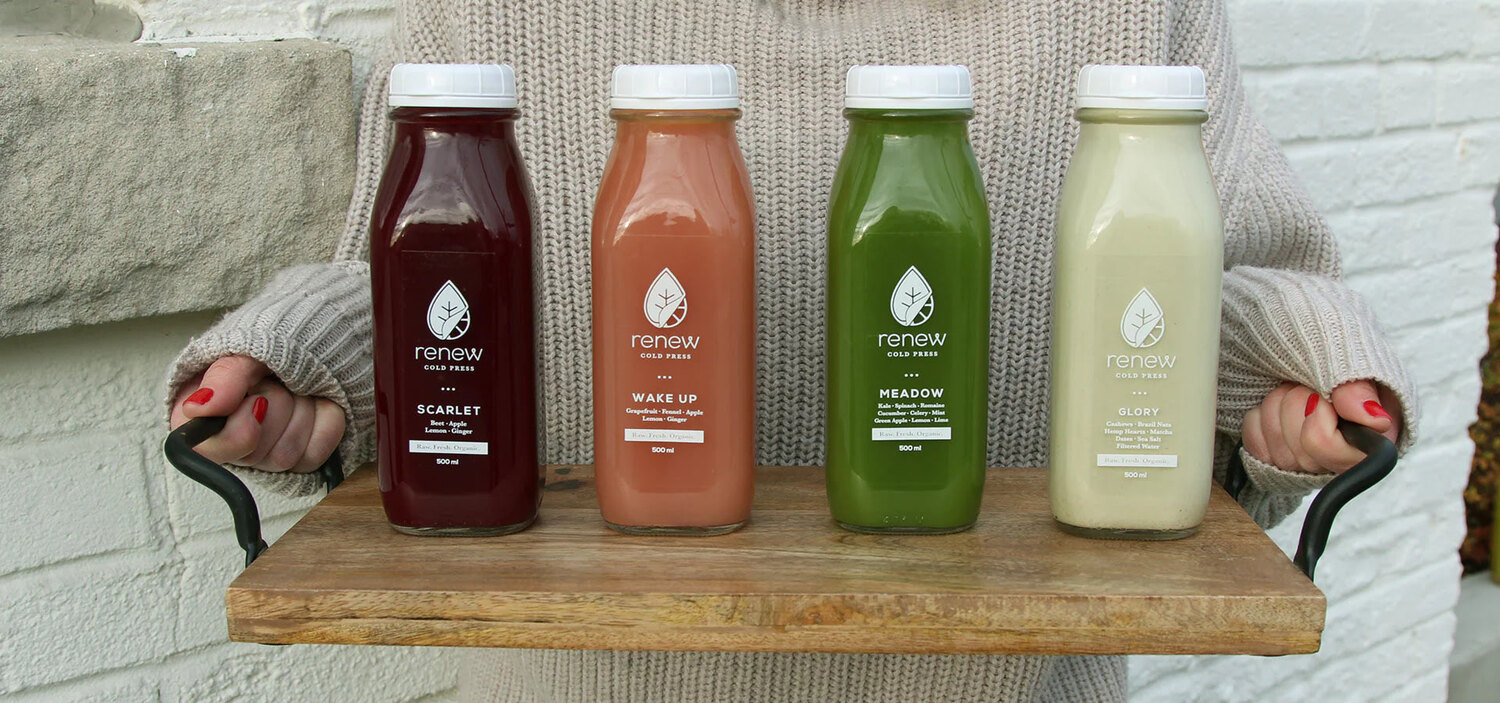

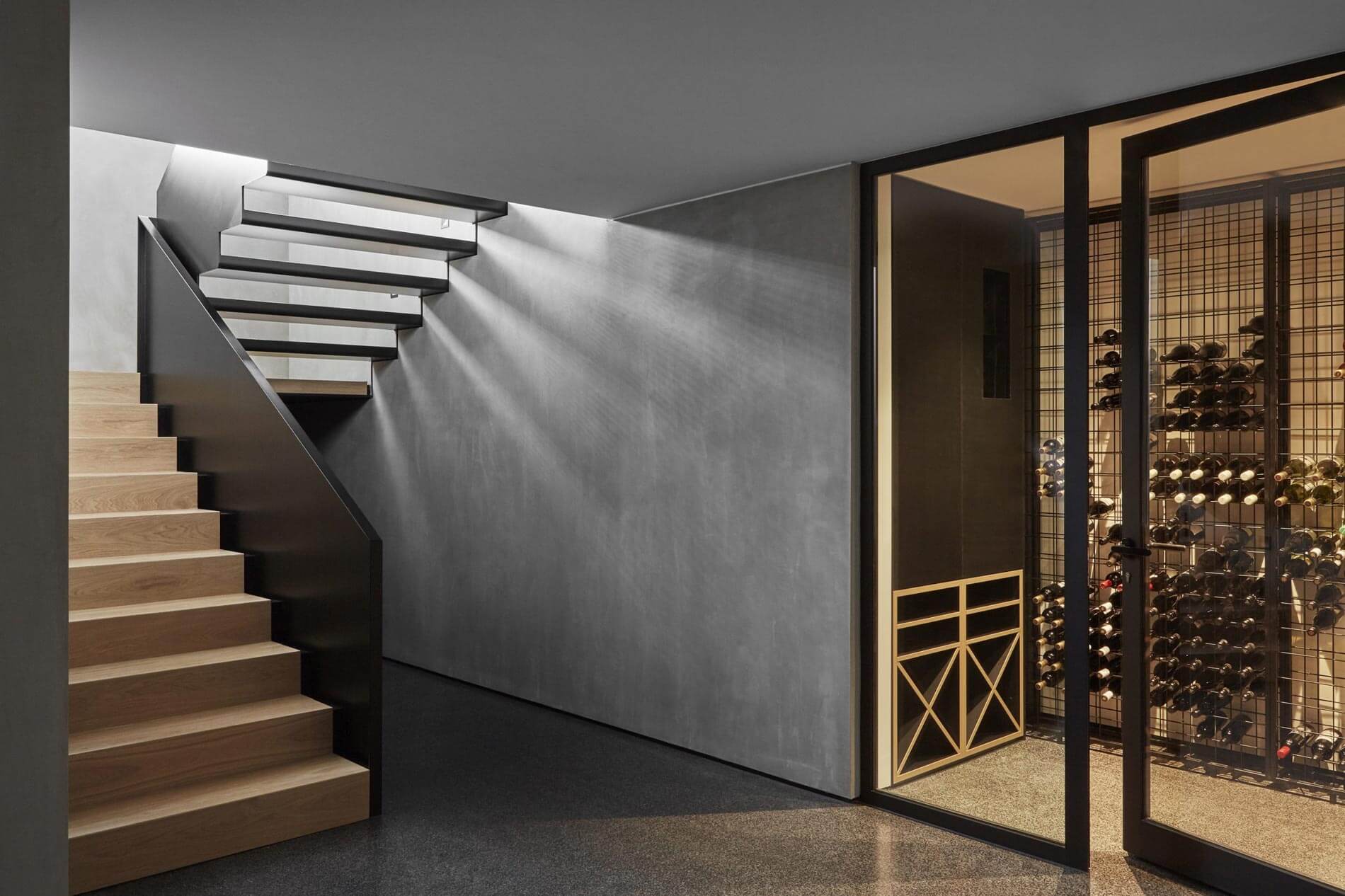
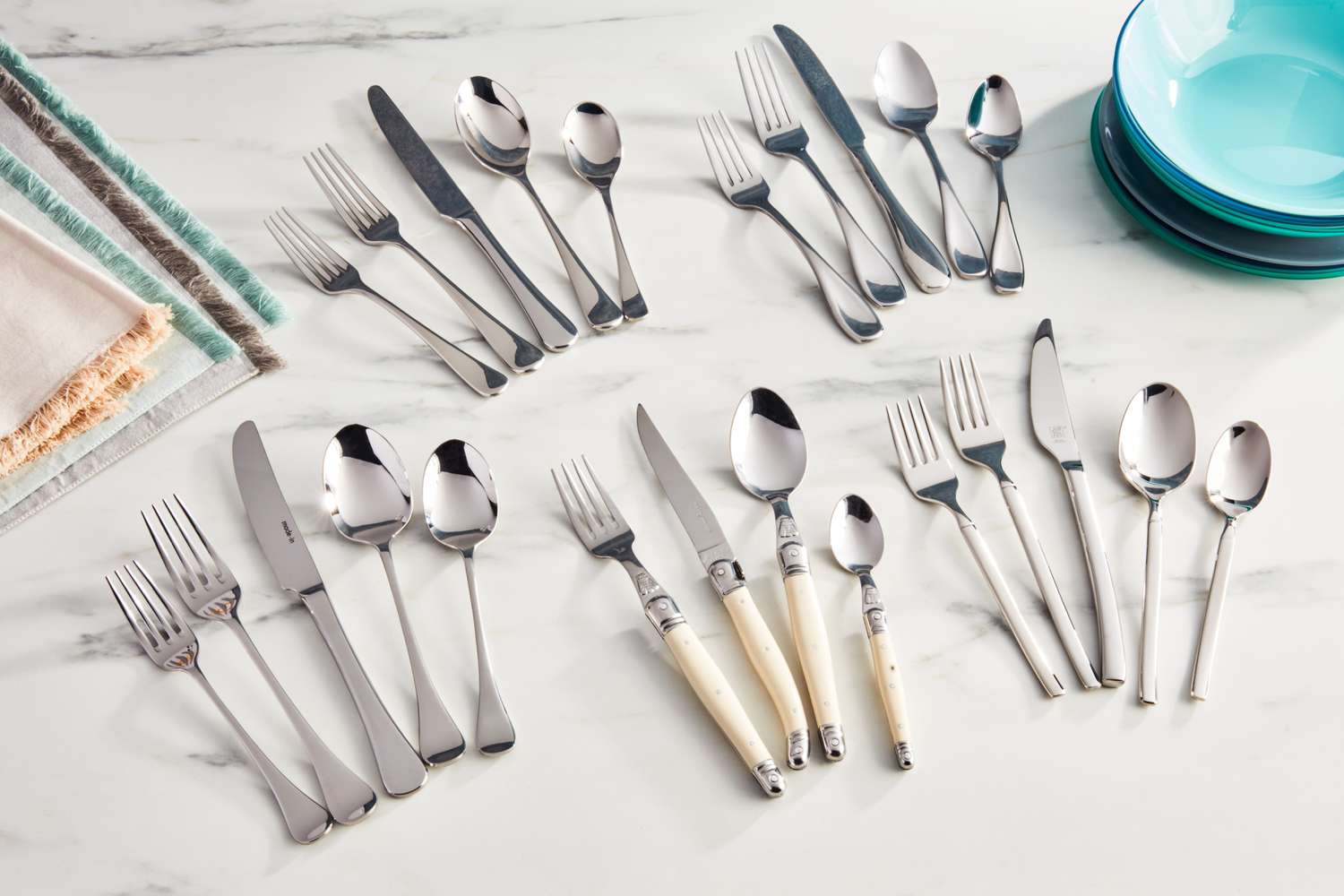
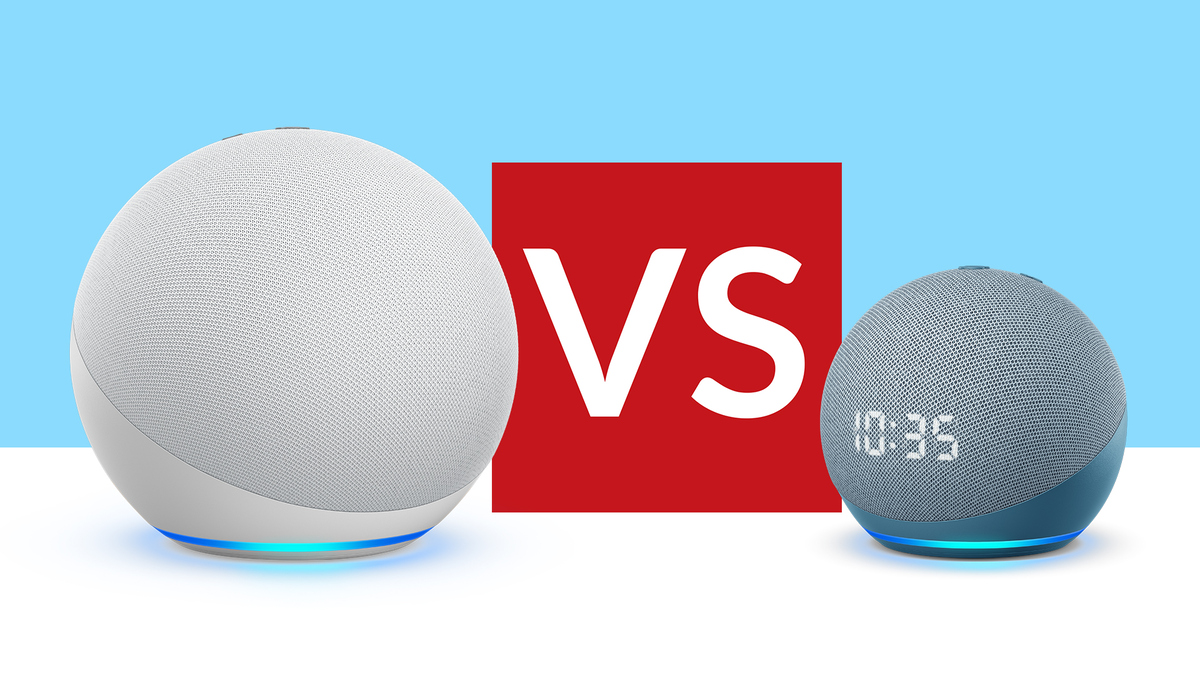
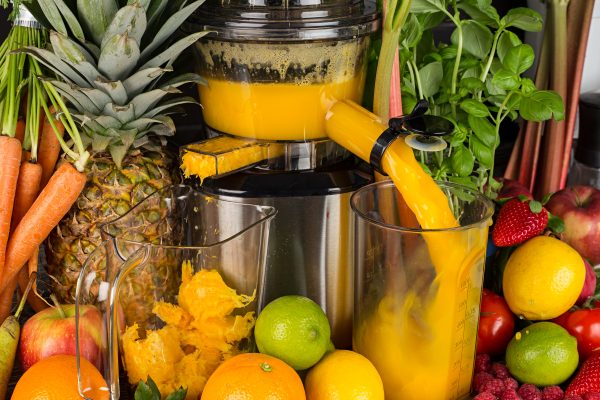



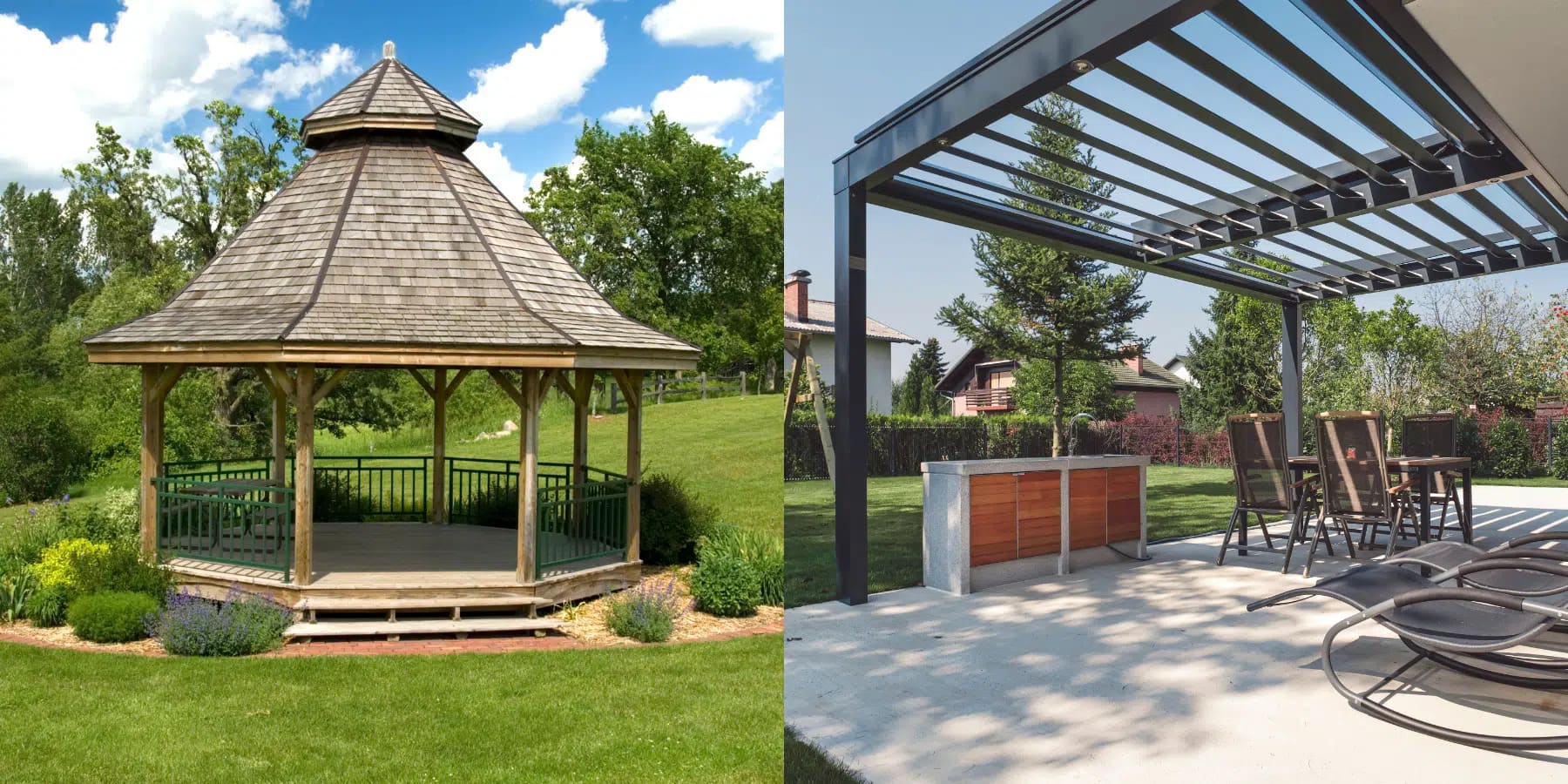


0 thoughts on “What Is The Difference Between A Juicer And A Cold Press Juicer”